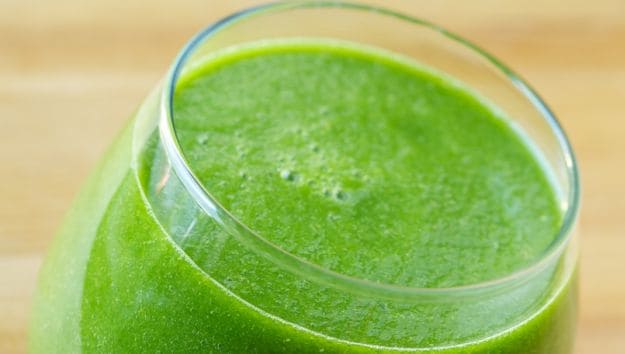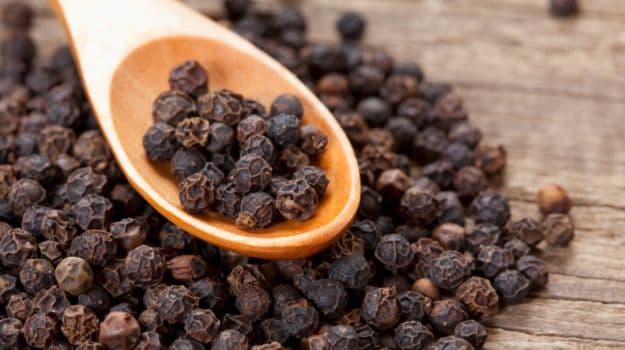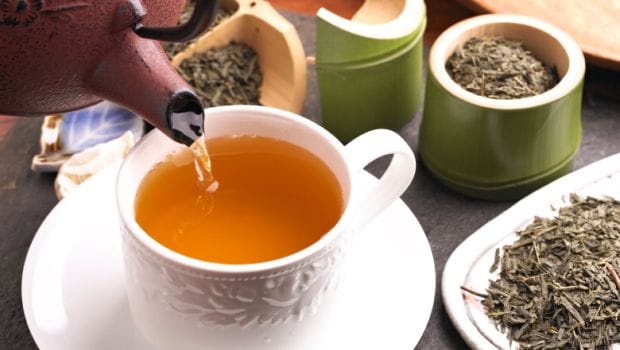Shop Sadhguru Books from Abebooks
Who
doesn't love a slight nip in the air? (Sniff, sniff) Or a chilly
breeze? (Cough, cough). We get it, definitely not someone who's been
suffering from a sudden flu attack. Even a little cough can bring your
life to a standstill but know that the changing weather is not the only
reason for your misery. Cough
is a common reflex action that occurs when mucus or foreign irritants
drain down the back of the throat. As soon as we start suffering from
itching throat, we start looking for common home remedies for cough or
traditional quick fixes to remedy symptoms of cough. It is a signal that
your body is trying to clear the breathing passage. In his book, Ayurvedic Home Remedies,
author Vasant Lad, explains, "From an Ayurvedic perspective, most
coughs are caused by excess Pitta or Kapha in the bronchial tree,
causing congestion
and irritation of the bronchial mucous membrane." He further suggests
that the easy solution to manage this condition is to reduce the
unwanted pitta or kapha. In order to treat cough most effectively, you need to first find out if its dry cough or productive cough. Dry cough may occur due to inflammation of the trachea or irritation in the throat.
A
productive cough results from the presence of mucus or other fluid in
the respiratory tract and it is usually a symptom of a respiratory
disease like pneumonia, bronchitis, sinusitis, or tuberculosis. Constant
coughing can often leave your chest aching. You must keep yourself hydrated, which helps to keep the mucous membranes moist so that it can be easily flushed out.

Dry cough may occur due to inflammation of the trachea or irritation in the throat.
Try These 5 Effective Home Remedies For Cough (Dry & Wet Cough) That Might Help You Feel Better:
1. Tumeric Milk
Ayurvedic Expert, Dr. BN Sinha suggests that you should drink a glass of milk
with 1/2 teaspoon of turmeric twice daily to clear your throat. Another
home remedy for a stubborn cough is adding garlic to the above blend.
Simply, boil a clove of garlic with milk and then add a pinch of turmeric
to it. This drink is an ideal cough treatment because it helps in
healing and soothing your throat. You can even add ginger instead of
garlic, both work equally well. Gargle with turmeric water few times in a
day to get relief from constant coughing.
Why it helps:Turmeric
contains an active agent called curcumin that has strong anti-viral,
anti-bacterial, and anti-inflammatory properties which helps in treating
infections. Ginger and garlic
help in relieving the congestion in the tonsils and act as natural
analgesics. You must drink it at night before sleeping to avoid any
irritation. Moreover, hot milk helps bring the mucus up from your chest.

Drink a glass of milk with 1/2 teaspoon of turmeric twice daily to clear your throat.
2. Giloy Juice
"In case of chronic cough, you must have 2 tablespoons of Giloy juice with water in the morning everyday till it becomes better," advices Dr. Sinha.
Why it helps: It builds your immunity
and is known to bring about a balance in three doshas - Vatta, Pita and
Kapha. It acts as an anti-allergic and thus, helps in treating cough
caused due to allergic reactions to smoke, pollution or pollen.
 Giloy juice builds your immunity.
Giloy juice builds your immunity.
3. Honey + Mulethi + Cinnamon
"A mix of 1/4 teaspoon honey,
1/4 teaspoon mulethi powder and 1/4 teaspoon cinnamon with water had
twice daily in the morning and evening works wonders," suggests Dr.
Sinha.
Why it helps:Honey
is known for its great anti-inflammatory properties. A 2007 study
conducted at Penn State College of Medicine showed that honey is
actually more effective than over-the-counter medicines that mostly
contain cough suppressants like dextromethorphan.

Honey is known for its great anti-inflammatory properties.
4. Black Pepper
For productive cough, black pepper is the simplest home remedy. Mix 1/2 teaspoon of black pepper with desi ghee and have it on a full stomach.
Why it helps: The heating quality helps in clearing congestion. Have this concoction at least two to three times a day for best results.

Black pepper is the simplest home remedy for productive cough.
5. Pomegranate Juice for Kids
In his book, Vasant Lad suggests a brilliant remedy for kids. You could give them a mix of 1/2 cup pomegranate juice, a pinch of ginger powder along with pippali powder.
Why it helps:
Pippali is a rejuvenating Ayurvedic herb. Pomegranate juice has a mild
effect on the throat and ginger works due to its heating action.
Pomegranate is also rich in Vitamin A and C that boost immunity. You
could even replace ginger with black pepper.

Pomegranate is also rich in Vitamin A and C that boost immunity.
6. Spiced Tea
A warm cup of spiced tea is a great way to get rid of a bad cough, naturally. Add 1/2 teaspoon ginger powder, a pinch of cinnamon and some cloves.
Why it helps: All
three spices are known to heal you from within. These warming spices
gently reduce congestion and phlegm in the lungs, and also help in
drying up a runny nose.

Spiced tea is a great way to get rid of a bad cough.
A quick tip:
Coughing tends to increase at night while sleeping. This happens
because the mucous tends to drip from the nose into the throat when you
lie down. You can tackle this situation by keeping your head at a higher
position. This will reduce coughing and help you sleep better.
Comments
Post a Comment